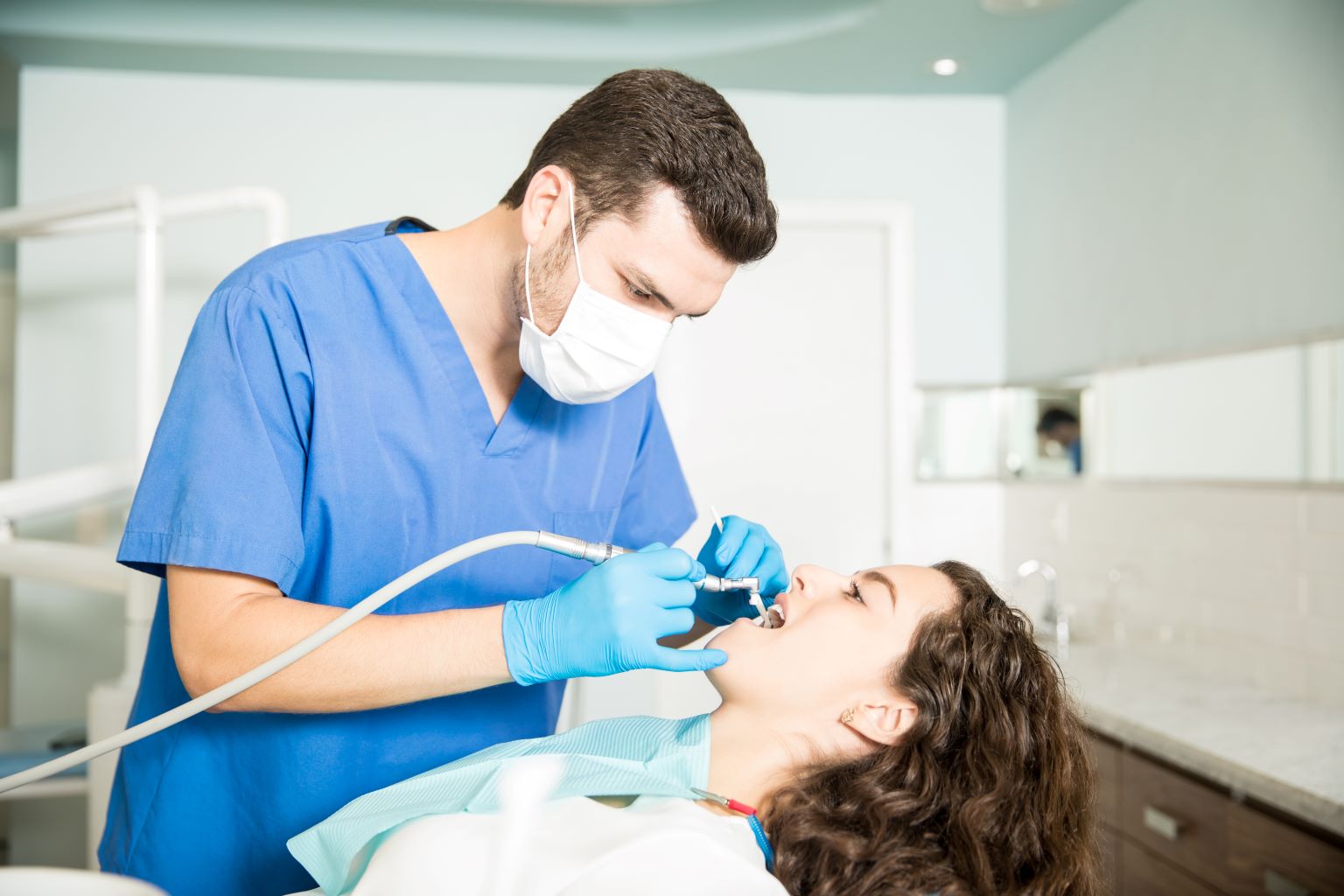
Tooth decay can happen to anyone, regardless of how diligent they are. Even with frequent brushing, acids and bacteria can still erode your enamel.
If you’ve ever been frustrated by repeated cavities despite your best efforts, you’re not alone. It can be puzzling trying to determine what else you can do to keep your teeth safe. One tried-and-tested solution is fluoride treatment.
If you’re looking at fluoride treatment in Boston, this guide will tell you why it’s such a good solution to enhance your oral health and enable you to retain your natural teeth for a longer period.
What Is a Fluoride Treatment?
Fluoride is a mineral that aids in making the enamel of teeth stronger. Fluoride treatment is when you have concentrated fluoride applied to your teeth, generally in the form of a gel, foam, or varnish, and is done during a dental cleaning visit only.
This treatment helps in repairing enamel and even reverses early tooth decay. It’s particularly beneficial for children, teenagers, and adults who are at greater risk for cavities.
What Are the Benefits of Fluoride Treatment?
One of the most common questions is, what are the advantages of fluoride treatment? There are quite a few:
- It makes thin enamel stronger and rebuilds it.
- It arrests or reverses early tooth decay.
- It lessens the acidity your mouth creates after eating.
- It decreases the chances of future cavities.
All these advantages apply to children as well as adults, particularly individuals with a past history of regular cavities or gum disease.
Who Should Get a Fluoride Treatment?
While fluoride is helpful for everyone, it’s especially useful for those at higher risk of tooth problems. That includes:
- Children still learning good oral care habits
- Adults with gum recession
- People who consume a lot of sugary or acidic foods
- Individuals undergoing orthodontic treatment
If you’re unsure, your dental provider can assess whether this preventive step is right for you.
How Much Should a Fluoride Treatment Cost?
One common concern patients ask is: How much should a fluoride treatment cost? The answer varies depending on where you live and whether you have insurance. On average, the cost ranges from $20 to $50 per session if you’re paying out of pocket.
If your insurance plan covers preventive care, the cost may be partially or fully included in your visit. Some dental plans offer fluoride treatments for children only, while others include adult treatments as well.
Always check with your provider beforehand to avoid unexpected charges.
How Is the Treatment Applied?
Fluoride treatments are fast and painless. Here’s what you can expect:
- A dentist in Boston or a hygienist will clean your teeth.
- They will apply fluoride using a swab, tray, or brush.
- You may be asked not to eat or drink for 30 minutes after the treatment.
The whole process takes just a few minutes, but the benefits can last for months.
Is Fluoride Safe?
Yes, when used properly, fluoride is completely safe. It’s been used in dental care for decades and is supported by science and research.
Concerns about fluoride typically come from overexposure. That’s why fluoride treatments are carefully measured and supervised by dental professionals.
It’s also a good idea to monitor the amount of fluoride your children get at home, use a pea-sized amount of fluoride toothpaste and avoid swallowing it.
Can You Get Fluoride in Other Ways?
Yes, in addition to in-office treatments, fluoride is found in:
- Toothpaste and mouth rinses
- Community tap water (in most U.S. cities)
- Prescription supplements in special cases
These options offer daily support but are less concentrated than professional treatments.
How Often Should You Get It?
Your fluoride treatment schedule depends on your dental health. For those at low risk, once a year may be enough. For others with higher decay risk, treatments might be recommended every 3, 6, or 12 months.
When Should Children Start Fluoride?
Fluoride is safe for children as soon as their first tooth appears. Pediatric dentists usually begin offering treatments around age 2 or 3. Starting early helps protect baby teeth and builds strong adult teeth later.
Parents should also make sure children use the right amount of fluoride toothpaste at home.
What Happens After a Fluoride Treatment?
After your treatment, your provider will give simple instructions:
- Avoid eating or drinking for at least 30 minutes.
- Do not brush or floss immediately afterward.
- These steps help the fluoride absorb and protect your teeth more effectively.
If you follow these instructions, you can expect long-lasting benefits between visits.
Final Thoughts
Fluoride treatments are an easy and effective way to protect your teeth from decay. Whether you’re a child or an adult, they offer strong defence against cavities and enamel loss.
Healthy Smiles Start With Prevention
Reach out to Acro Dental today to schedule your next preventive appointment and keep your teeth strong and healthy for years to come.
